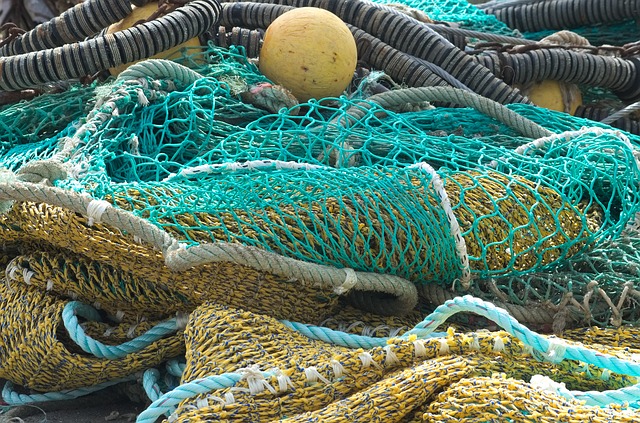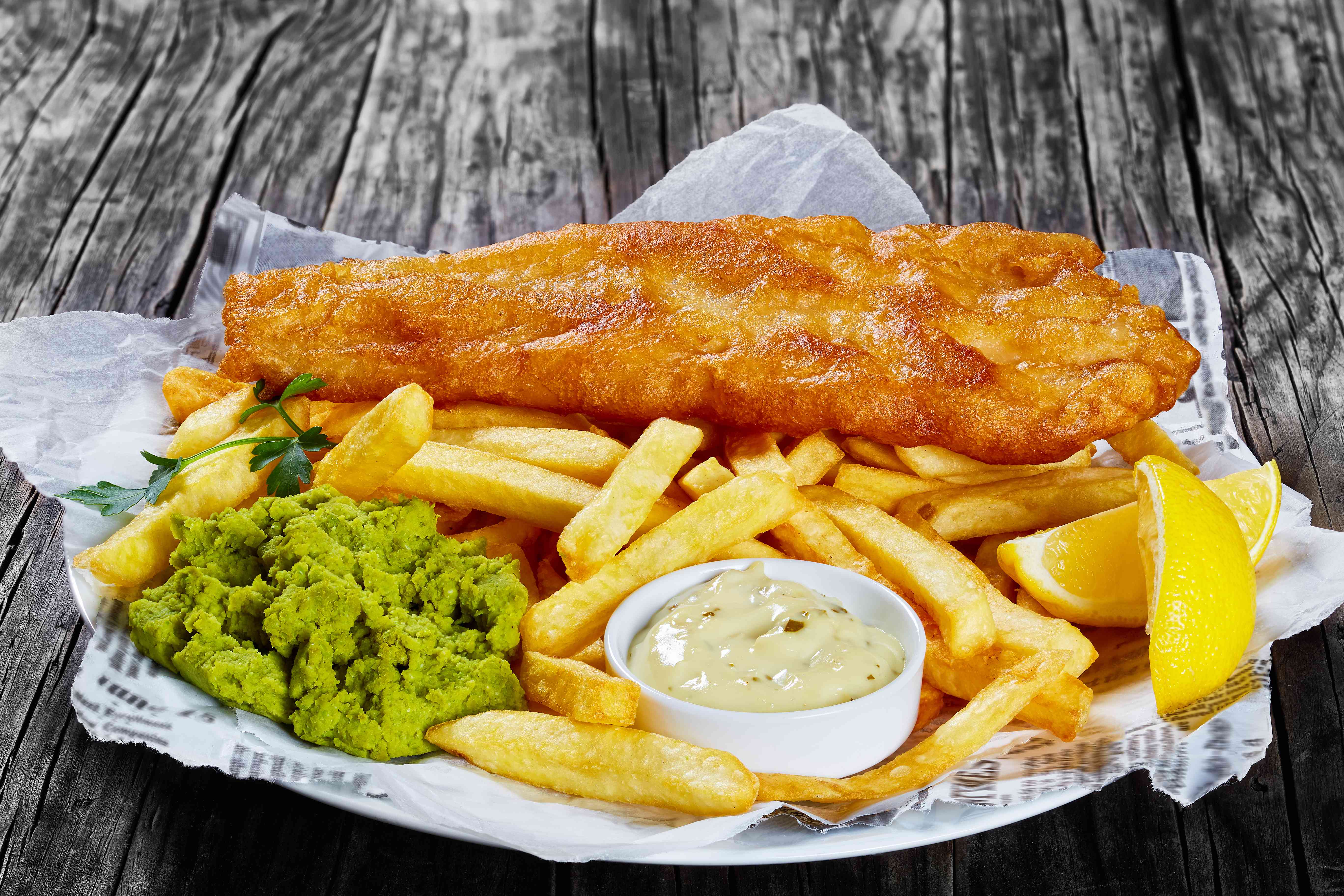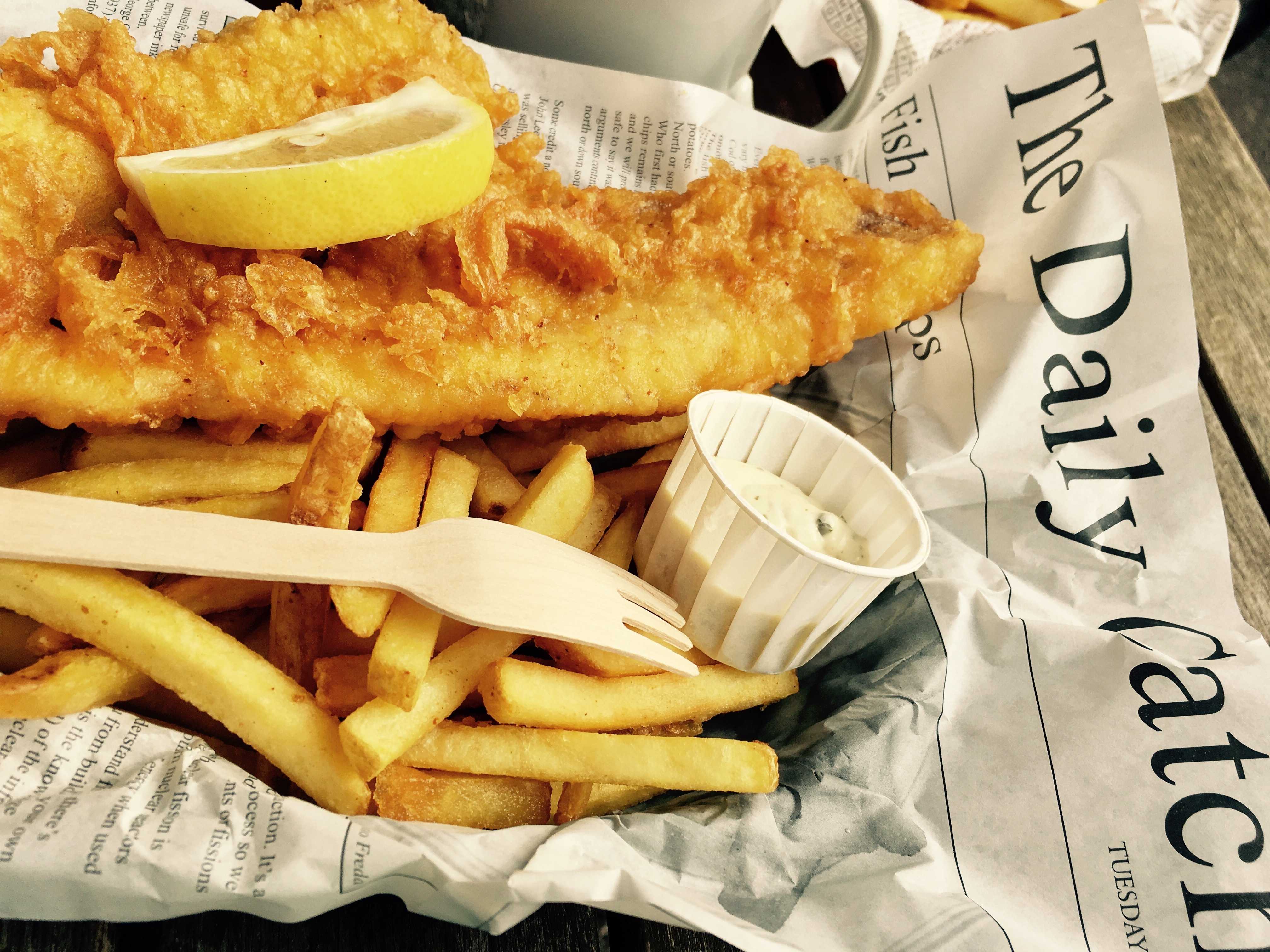As an island nation, it’s no surprise that the UK has a longstanding appetite for fish.
In fact, the now submerged land bridge that connected us to continental Europe some 10,000 years ago is called Doggerland, named after the medieval fishing boats that operated for centuries on the North Sea. These ‘doggers’ were used by the Brits and Dutch to catch cod and herring for the European market. Nowhere were they more keenly anticipated than at the dinner tables of the UK.
While our love of eating fresh, delicious fish may not have changed much over the years, our fishing methods have. Gone are the ‘doggers’ with their rods and lines. Now radar technology and sophisticated trawlers can land huge volumes of fish which, as you will soon find out, can be detrimental to fish numbers if not managed sustainably.
What is Sustainable Fishing?
Sustainable fishing involves the use of sustainable fishing techniques to ensure that fish are harvested at a viable rate. This means that the long-term survival of fish populations is not threatened NOR is the ecosystem in which they live damaged or disrupted.
Crucial to the dynamic ecosystem within the oceans, National Geographic suggests that sustainable fishing “guarantees there will be populations of ocean and freshwater wildlife for the future.” In order to make this happen, fishermen must be careful to avoid overfishing and make efforts to target only the species they intend to sell.
The EU is the world’s largest fish marketplace according to the World Wildlife Fund. Back in 2013, they helped the European Common Fisheries Policy reform their approach to the European fishing industry to make it more sustainable. The changes included a promise to put a stop to over-fishing and a ban on discarding unwanted fish (known as ‘bycatch’). The UK has been adhering to this more sustainable fishing policy ever since.
It’s not all plain sailing
The move towards a more sustainable fishing industry is not as straightforward as it sounds. The UK fishing industry employs thousands of people, with many communities heavily reliant on fishing for their livelihoods. The damage of decades of intensive trawling has contributed to the depletion of the UK’s seas. This sad fact is only too obvious to the fishermen of today who are more invested than anyone else in the long-term sustainability of the UK’s fish stocks.
The real extent of the damage to the UK’s fish populations from unsustainable fishing practices was only truly realised in recent years. Thankfully, the European Common Fisheries Policy and the UK’s fishing industry have been quick to respond to this impending crisis. As Phillip MacMullen, head of environmental responsibility at the UK’s industry-funded sustainability organisation Seafish explained:
“Fifteen years ago we started understanding how badly management was working, and 10 years ago we started doing something about it.”
Thankfully, fish stocks are now moving in the right direction. The UK’s fishing industry still has a long way to go but the general trend of recovery is heartening for all involved. A particular success story is that of the nation’s favourite fish and chips fish…
The North Atlantic Cod
As proof of the positive influence sustainable fishing techniques can have, the North Atlantic Cod is now flourishing after suffering near extinction in 2006. This fish-and-chip shop staple was at its most populous in the 1970s, when sea-stocks reached 270,000 tonnes. By 2006, with the UK market devouring over 70,000 tonnes of cod each year, overfishing meant only 44,000 tonnes were left in the area. Urgent action was taken and a moratorium was called on cod fishing until stocks started to recover.
At the same time, the public was being urged to choose other fish to eat with their chips, as the price of cod shot up. The conservation measures worked and in 2015, the International Council for the Exploration of the Sea (ICES) declared that the cod population in the North Sea had grown, finally taking itself out of danger zone.
In 2017, the Marine Stewardship Council announced that cod marked with their logo was traceable and from sustainable sources, putting consumer’s minds at rest. While it is still early days, the North Atlantic Cod is a great answer to the question: ‘why is sustainable fishing important?’
Current Quota Levels
It is not just cod that is benefitting from a revival, in 2017, the government increased quota allowances for a variety of fish stocks around the UK, including haddock, monkfish, sole and plaice. However, levels of bass have not yet recovered to sufficient levels, so restrictions remain in place for this species. The Celtic Sea also poses an interesting challenge, with the European Commission decreasing the quotas on haddock and whiting, in order to help boost their numbers.
What Does the Future Hold for Fish?
Around 92% of those in the fishing industry voted to leave the EU, on the premise that the UK would ‘take back control’ of its water, potentially increasing their catch quotas. This has been an important part of Brexit negotiations, with the EU offering trade-free tariffs in return for the opportunity to continue fishing in UK seas. Some sort of deal will need to be reached in order to allow UK boats to continue to catch their stock in Irish, Norwegian and French waters, and in the case of a No-Deal Brexit, overfishing will be a serious issue unless prompt action is taken by the UK government.
As the Brexit negotiations are still underway, it’s difficult to predict what the UK’s fishing industry will look like in the coming years. However, one thing is for certain – we now have a much better understanding of the importance of sustainable fishing for our sea life, for our economy and for our bellies.
At Frymax, we are champions of sustainability both within the UK’s fishing industry and the global palm oil industry. Our frying oil is not only 100% sustainable and fully refined, but it’s also the first choice vegetable oil of the fish and chip trade. Get in touch with our team today to find out more.






